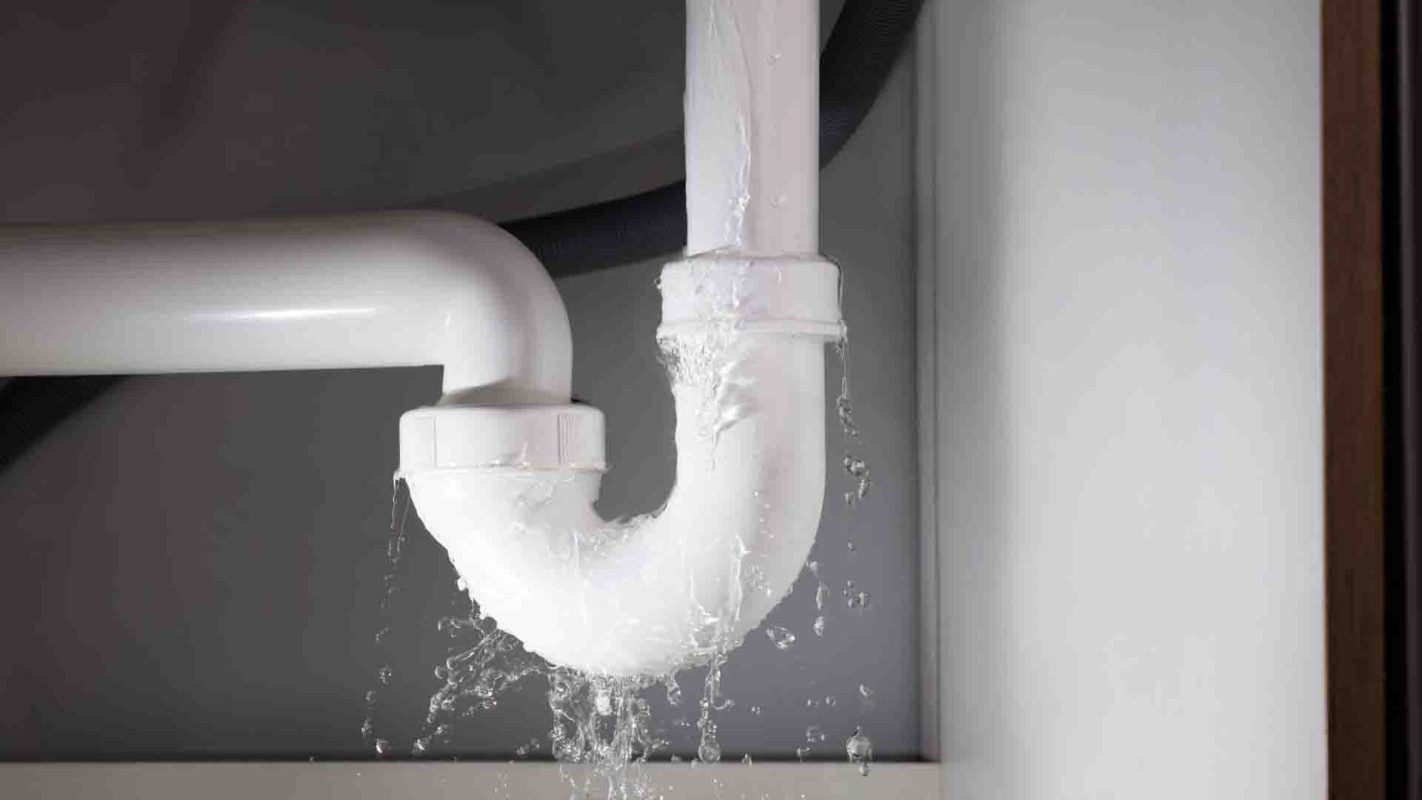Every day, an estimated 91 billion gallons of clean water are lost worldwide due to leaking pipes. In a world where freshwater supplies are limited and purifying polluted water takes energy, that's a significant loss, affecting both our wallets and the environment.
To prevent water loss from leaks — while also reducing the labor needed to maintain the world's plumbing — engineers at the U.K.'s Integrated Civil and Infrastructure Research Centre (ICAIR) are developing a solution: a crew of tiny robots that will repair pipes from the inside. Kirill Horoshenkov, a professor of acoustics in the Department of Mechanical Engineering at the University of Sheffield, spoke with Smart Water Magazine in early December about the project.
"It became clear to the team that in order to detect the onset of wall damage or small (hidden) leaks in a pipe it was necessary to bring a sensor close to its location, i.e. to deploy it on a robot that can move autonomously through the pipe," Horoshenkov said.
Most pipe leaks are in areas that are hard for people to access, like inside walls or underground. Fixing them requires digging or demolition to uncover the pipe beforehand, and construction or landscaping work to restore the area afterward.
Approaching leaks from the inside is simpler, faster, less labor-intensive, and less costly, but only the smallest devices can fit inside. Plumbers already use small robotic cameras on a tether to help with repairs, so the obvious next step is to create a version that works independently. The ICAIR engineers' objective was to design a robot both small and powerful enough for the task.
The current design looks a little like a toy car, but with legs to help it adapt to difficult terrain inside the plumbing. Each "pipebot" has a camera and microphone to visualize and listen to the pipes and uses an AI system to analyze the data it collects and locate leaks. When it finds one, it will provide repairs — or, for larger jobs, call in a full team of robots to help. It also takes note of areas that are wearing out and may need repairs soon.
Book comfortable, reliable rooms with this new hotel brand — and get refreshingly affordable prices Spark by Hilton offers consistent, comfortable, and affordable stays to help you save money and travel happy the next time you hit the road. You’ll enjoy just-right rates and reliable essentials, like free WiFi and complimentary bagel-filled breakfasts every day. With new locations opening every week, Spark hotels are brightening up budget-friendly stays in the places you need to be. Learn more → |
Fixing pipes from the inside with independent robots will make it cheaper and easier to maintain a plumbing system. It will also lower water bills, since homeowners won't have to pay for the extra water lost through the leaks. Saving water is also good for the environment because it means freshwater supplies aren't used up as quickly.
ICAIR's project is not yet ready to launch, as the engineers are still working on features that will allow the pipebots to communicate with each other and navigate underground. However, they could be up and running in just four or five years — revolutionizing both the plumbing industry and our ability to conserve precious water.
"We are collaborating with teams in the United States, Canada, Australia, Continental Europe, Hong Kong, Singapore, and Mauritius," Horoshenkov said. "There is a lot of interest from those parts of the world in Pipebots technology because the problems it is designed to solve are global."
Join our free newsletter for weekly updates on the coolest innovations improving our lives and saving our planet.
TCD Picks » Upway Spotlight
💡Upway makes it easy to find discounts of up to 60% on premium e-bike brands














